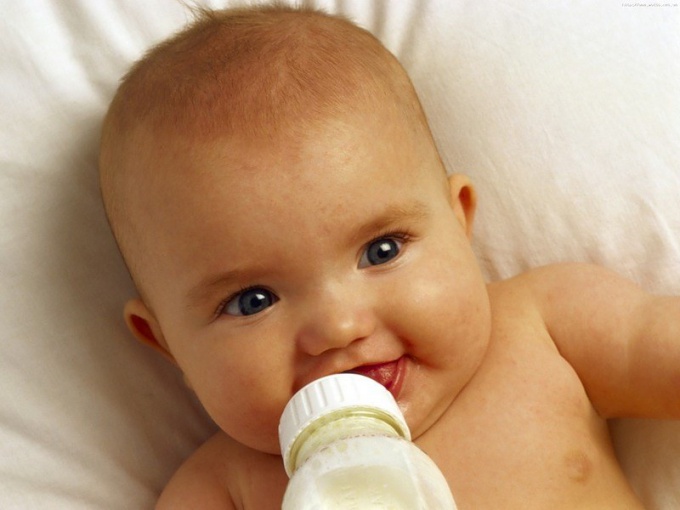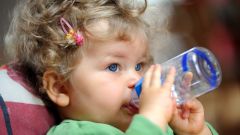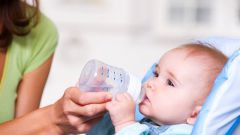There are two kinds of hiccups - long and episodic. The main causes occasional hiccups in children are hypothermia, dry food, overeating, prolonged thirst or increased nervous excitability of the child. Such hiccups do not require medical intervention. Offer the kid a drink of water, distract him with something. If the child has overcooled, give him drink warm tea, milk with honey, dress warmly.A good way to stop hiccups is to apply deep breathing. Let your child take a few deep breaths and hold your breath for 10-20 seconds. This will calm the phrenic nerve, and at the same time distract the child.Occasional hiccups occur often in infants in the first months of life. Air when feeding into the stomach and causing colic and hiccups. Pick up baby after eating hands and hold it vertically. After a few minutes the air will be released and the hiccups will disappear. The baby may hiccup from overeating, signs of overfeeding will be abundant regurgitation. You can try to feed your baby more often, but smaller portions. Also, the cause of hiccups in infants can be an abundant flow of milk from a bottle or mother's breast. In this case a child chokes, the diaphragm is reduced and the hiccups. In this case, you need to replace a pacifier or feed intermittently, periodically removing the nipple from the mouth of a baby. Do not attempt to save a child from hiccups, scaring him. You will not achieve the expected result, and the kid will shatter the nervous system. With age, the child will be less likely to be bouts of hiccups. Even if all of the above methods do not help, just wait, soon the hiccups will be myself. Long-lasting, debilitating hiccups can be a symptom of organic origin. It is observed in lesions of the brain or spinal cord, with neuritis or compression of the phrenic nerve, diabetes and some infections. But these diseases in children are extremely rare. Most often children's prolonged hiccups is a symptom of any parasitic diseases, worm infestation, giardiasis. In the case of prolonged hiccups it makes sense to consult a doctor. You need to examine a child, primarily helminthiasis.
What if a child hiccups
Called persistent hiccups, involuntary repetitive short breath in sharply narrowed aperture. In most cases, hiccup is a normal physiological phenomenon peculiar to children and adults. If it causes discomfort, you can try to stop her, but before doing this first try to identify the cause.

Is the advice useful?



